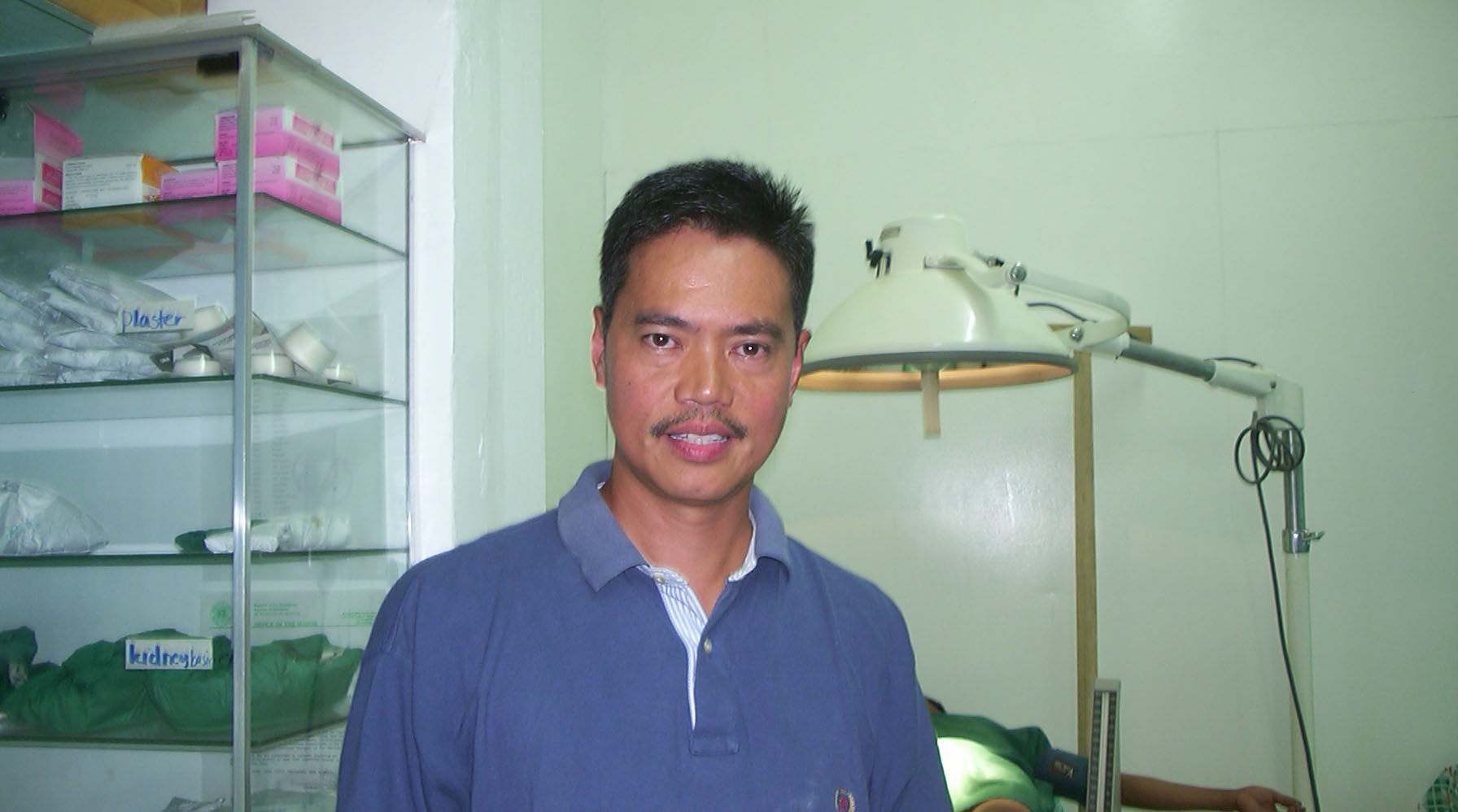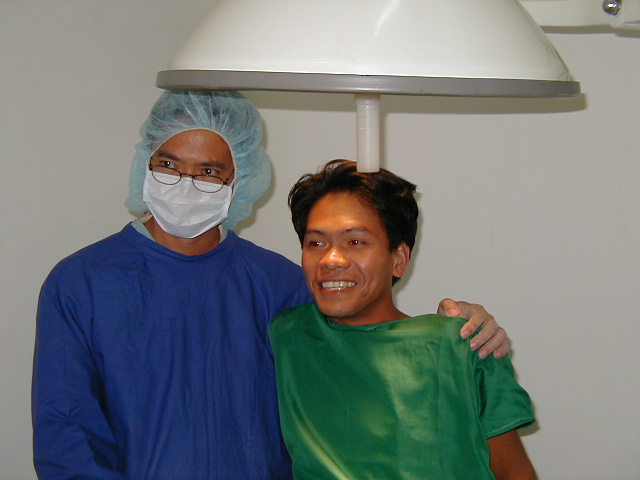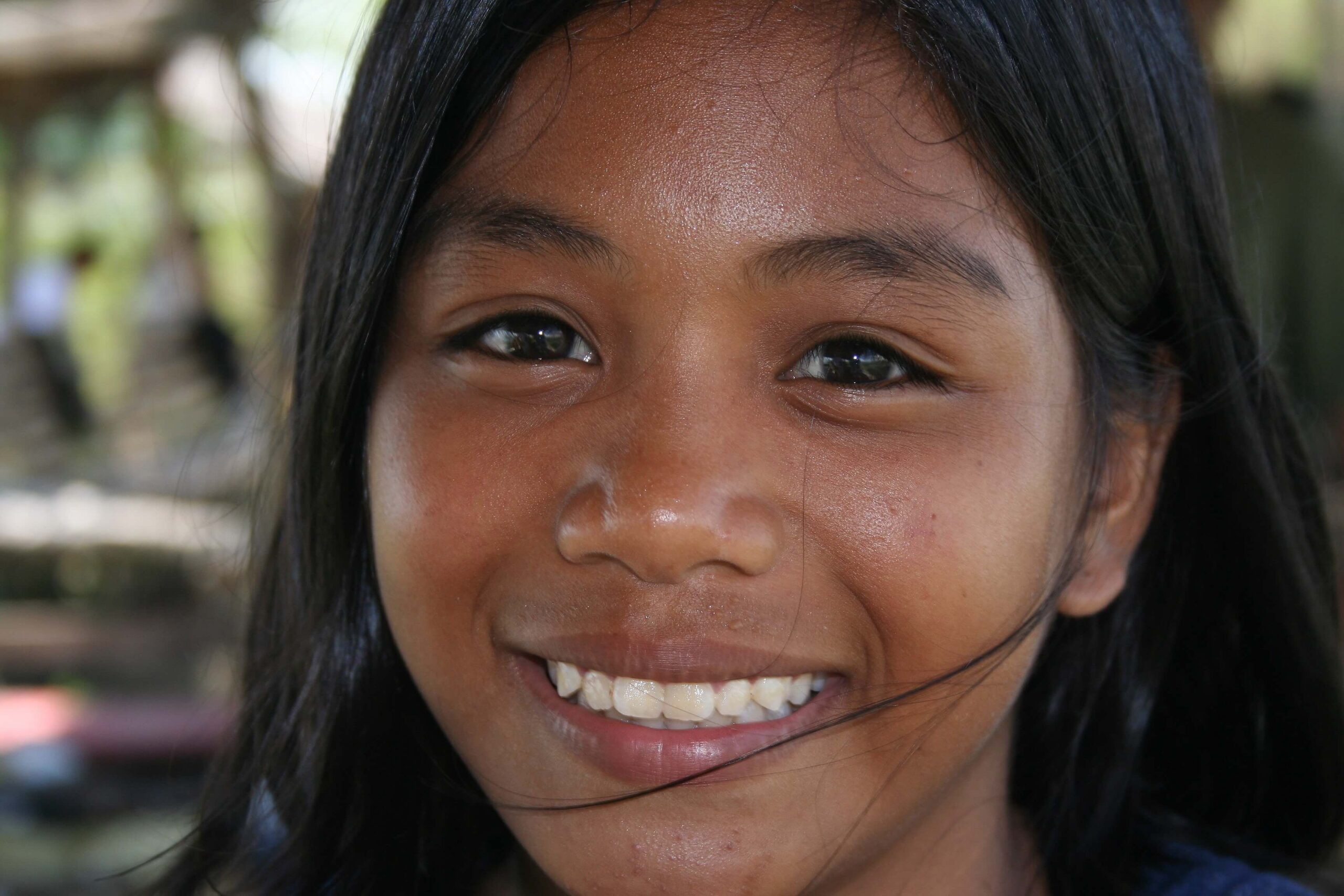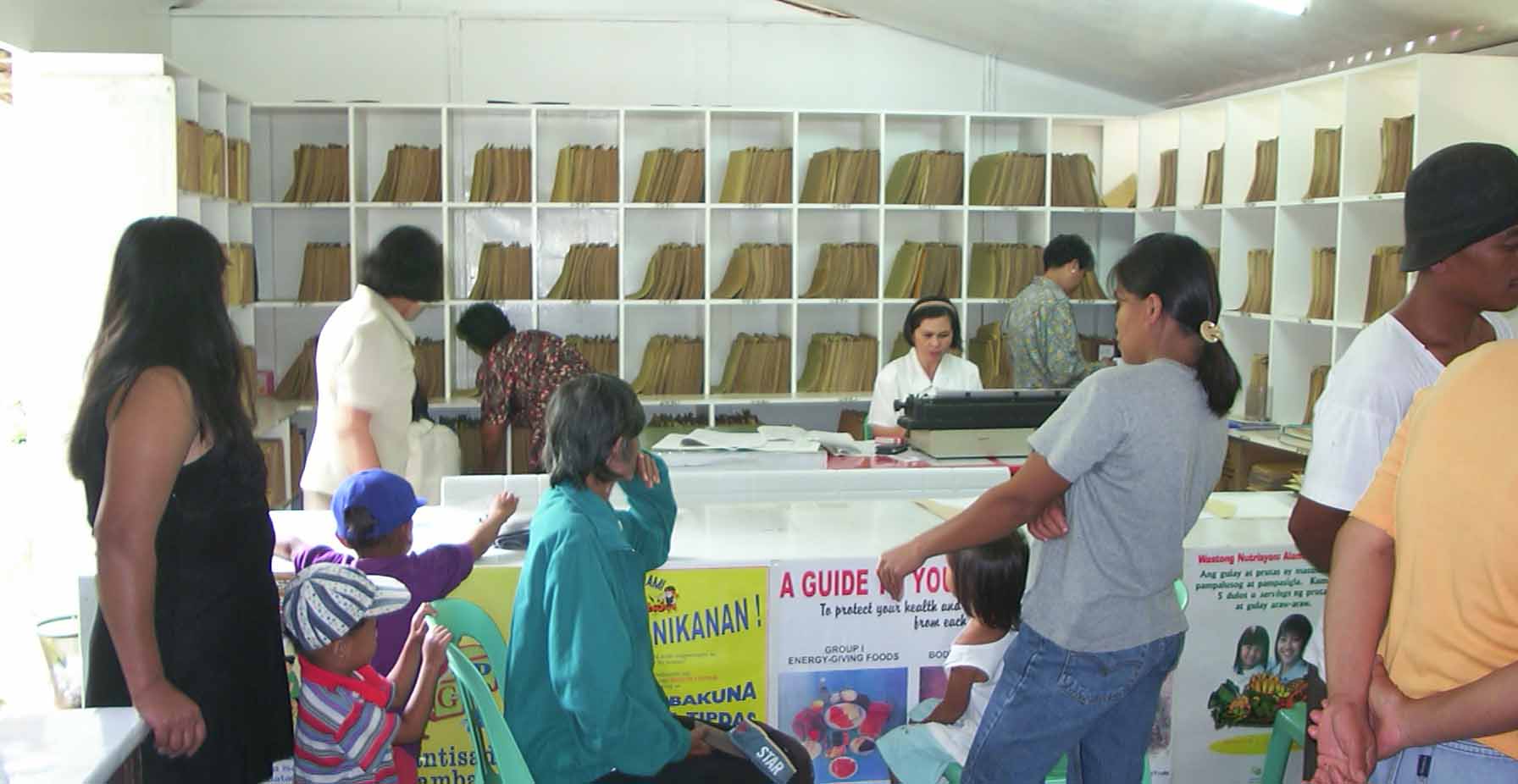Global Fund Country and Regional Coordinating Mechanisms
Global Fund Country and Regional Coordinating Mechanisms
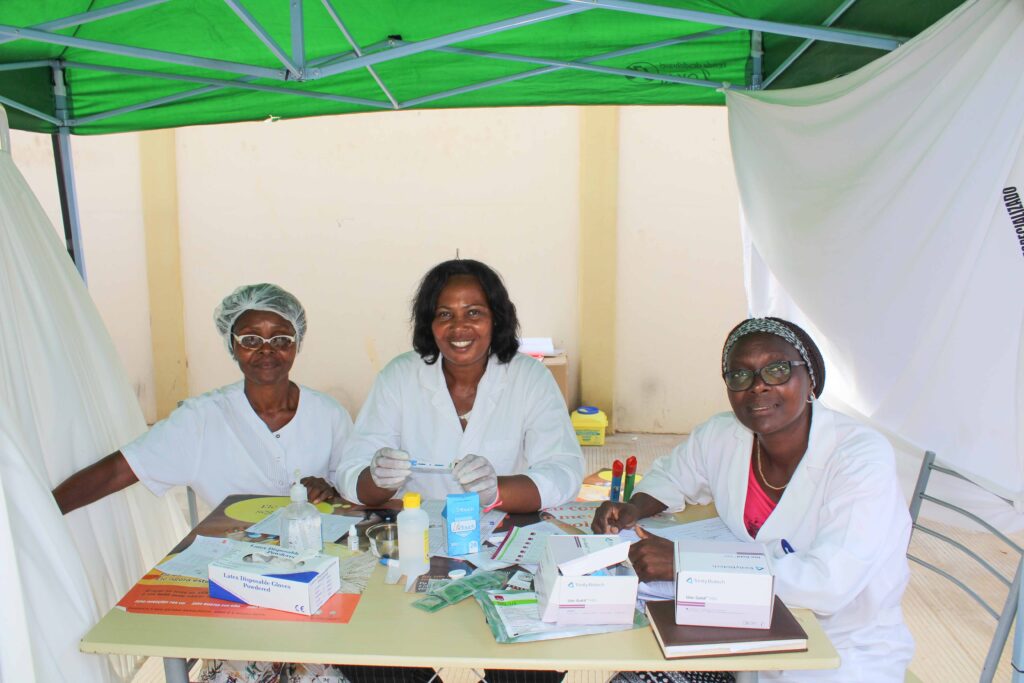
Overview
The Global Fund’s Country Coordinating Mechanisms (CCMs) strengthen public-private partnerships for national disease programs. These multi-sectoral committees bring together representatives from government entities, civil society, faith-based organizations, NGOs, academia, multilateral and bilateral partners, the private sector, technical agencies, and—critically—people affected by HIV, TB, and malaria.
By promoting transparency, inclusivity, and collaboration, CCMs ensure Global Fund investments reflect local priorities and fill financing gaps. They lead development of country proposals to the Global Fund and oversee grant implementation so that funds are used efficiently and equitably. For regional or multi-country grants, Regional Coordinating Mechanisms (RCMs) provide similar governance and oversight functions across borders.
As a prime recipient of the Global Fund’s CCM Technical Assistance (TA) Indefinite Quantity Contract (IQC) (April 2024-December 2028), MSH supports CCMs and RCMs to strengthen governance, improve participation of affected communities, and drive more responsive and resilient health systems.
Recent highlights include supporting CCMs in Cameroon and Timor-Leste to sharpen their governance structures, strategic planning, and grant oversight; and helping the Western Pacific RCM to expand inclusive governance, introducing community-led monitoring (CLM) and feedback channels that inform decisions in real time and improve health outcomes.
Building on a Legacy of Partnership
This award builds upon MSH’s decades-long partnership with the Global Fund. From 2012-2017, we led the Grant Management Solutions (GMS) program, providing technical assistance in 23 countries and strengthening the oversight of 350 grants valued at $13.3 billion—nearly half (49%) of the Global Fund’s portfolio at the time. Over those five years, our 12 regional partners—organizations from Latin America, sub-Saharan Africa and Eastern Europe—provided 29% of GMS’s contracted business.
GMS also created the widely used CCM Governance Toolkit, which remains a go-to resource for improving transparency, inclusivity, and accountability in Global Fund governance.
To deliver this work at scale, MSH developed a robust system to recruit, upskill, and certify high-quality consultants worldwide, ensuring that countries and regions receive consistent, evidence-based technical assistance.
More than 500 vetted consultants have benefitted from:
- A standardized onboarding program aligned with Global Fund structures and MSH’s approaches to governance and institutional strengthening.
- Specialized technical training for CCMs, RCMs, Principal Recipients (PRs), and sub-recipients (SRs).
- Peer-to-peer exchanges, innovation pods, and blended learning events.
- Access to LeaderNet, MSH’s virtual learning and resource hub for technical guidance and certification tracking.
These experts continue to help CCMs and RCMs deliver stronger, more accountable governance—ensuring that Global Fund investments translate into better, more equitable health outcomes.

Regine Alexandre Emilien
Project Manager
Project Contact
Dr. Regine Alexandre Emilien is a Senior Principal Technical Advisor for Local Capacity Strengthening at MSH. A medical doctor specialized in dermatology and sexually transmitted infections (STIs), Emilien has more than 15 years of experience working closely with governments and NGOs at the national and subnational levels in Haiti and several West African countries. Since joining MSH in 2008, Emilien has held such positions as Capacity Strengthening (CS) Advisor; Principal Technical Advisor in Governance and Organizational Development; Deputy Chief of Party; and Project Director.
Prior to joining MSH, she led the Dermatology and STI clinic for a local private health maintenance organization (HMO) in Haiti, where she managed the integration of HIV services. She brings extensive experience and skills in designing and implementing CS tools and approaches and is a Lead Trainer and Facilitator for MSH’s Leadership, Management, and Governance (LMG) approach. On the USAID Health Leadership Project (HLP) in Haiti, she oversaw CS support for two local organizations that became the first US Government prime recipients in the Haitian health sector.
Emilien is a Fulbright Scholar who holds a Doctor of Medicine (MD) degree from the School of Medicine at the State University of Haiti and a Master of Public Health (MPH) degree from the School of Public Health at Georgia State University. She is fluent in English, French, and Haitian Creole.
Donors & Partners
Donors
The Global Fund to Fight AIDS, Tuberculosis, and Malaria

